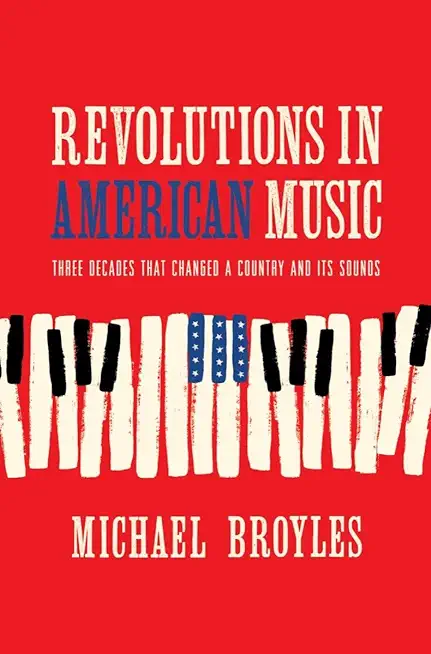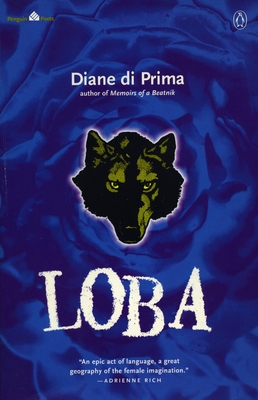
Broyles, Michael
In Revolutions in American Music, award-winning author Michael Broyles shows the surprising ways in which three key decades--the 1840s, the 1920s, and the 1950s--shaped America's musical future. Drawing connections between new styles of music like the minstrel show, jazz, and rock 'n' roll, and emerging technologies like the locomotive, the first music recordings, and the transistor radio, Broyles argues that these decades fundamentally remade our cultural landscape in enduring ways. At the same time, these connections revealed racial fault lines running through the business of music, in an echo of American society as a whole.
Through the music of each decade, we come to see anew the social, cultural, and political fabric of the time. Broyles combines broad historical perspective with an eye for the telling detail and presents a variety of characters to serve as focal points, including the original Jim Crow, a colorful Hungarian dancing master named Gabriel de Korponay, "Empress of the Blues" Bessie Smith, and the singer Johnnie Ray, whom Tony Bennett called "the father of rock 'n' roll." Their stories, and many others, animate Broyles's masterly account of how American music became what it is today.







